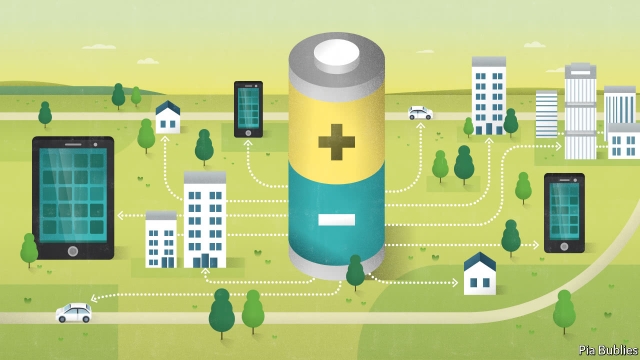
This past week, I have been noticing so many interesting articles on the possible transition from the internal combustion automobile to the all-electric vehicle. Again, as I posted here last week, Europe is committing to eliminating gasoline powered cars for public health reasons, and American and Chinese automakers are in good position to profit from the shift. This week's issue of the Economist, titled "Roadkill," discusses the imminent shift from internal combustion to electric powered automobiles on a massive scale. I want to take this week's #TWIST post to point your attention to these short articles, "Roadkill," "Electrifying everything," and "Putting to sea."
- In Roadkill, the editors of the Economist lead with "The internal combustion engine had a good run. But the end is in sight for the machine that changed the world." For many of us, especially here in the USA, the end is most certainly not in sight. Only 1% of new car sales were all-electric vehicles, and hybrid vehicles certainly still lag far behind the sales of all-gas. However, the lead describes important changes in battery technology and cost, and perhaps more importantly, describes the ability of many automakers to produce electric vehicles on the same production lines as gas powered vehicles. Perhaps the only thing left to address is the profitability of electric vehicles. As of now, producers still lose money on each electric vehicle produced, while gas powered vehicles are still, generally, profitable. Nonetheless, we must reckon with this eventuality sooner rather than later, because the shift away from gasoline will bring with it immense social and geopolitical challenges as the labor markets change in response to reductions in production labor needs at the same time as traditional oil producing economies absorb the shocks.
- In Electrifying Everything, the briefing indicates "If the timing of [electric vehicles'] take-off has proved uncertain, the belief that electric vehicles are going to be a big business very soon is ever more widely held." Electric vehicles now have comparable ranges between charges to cars' fillup range, and electric vehicles today can be made on the same production lines. Oil producers such as OPEC include large numbers of electric vehicles in their forecasts, and governments such as France, UK, and Sweden, are taking aim at the internal combustion engine for public health reasons.
- The shift to all-electric, or even majority electric, cars will require a tremendous infrastructure shift. Our current power systems infrastructure is not capable of supporting hundreds of millions of electric cars without massive increases in storage, shifting from fueling to charging stations, and massive increases in the use of natural gas peak generators. At the same time, countries concerned about public health will want to ensure that troublesome emissions are not shifted to the electric power generators. In Putting to Sea, the Economist includes an interesting possibility for meeting this increased electricity demand cleanly by using naval nuclear stations. While this idea is mostly speculative, in my opinion, it is indicative of the imminent challenges we have in shifting most of our energy storage for transportation from petrol and diesel to natural gas or other electricity generation fuel.
What do you think? In what ways do you envision infrastructure shifting to accommodate massive increases in electric cars?